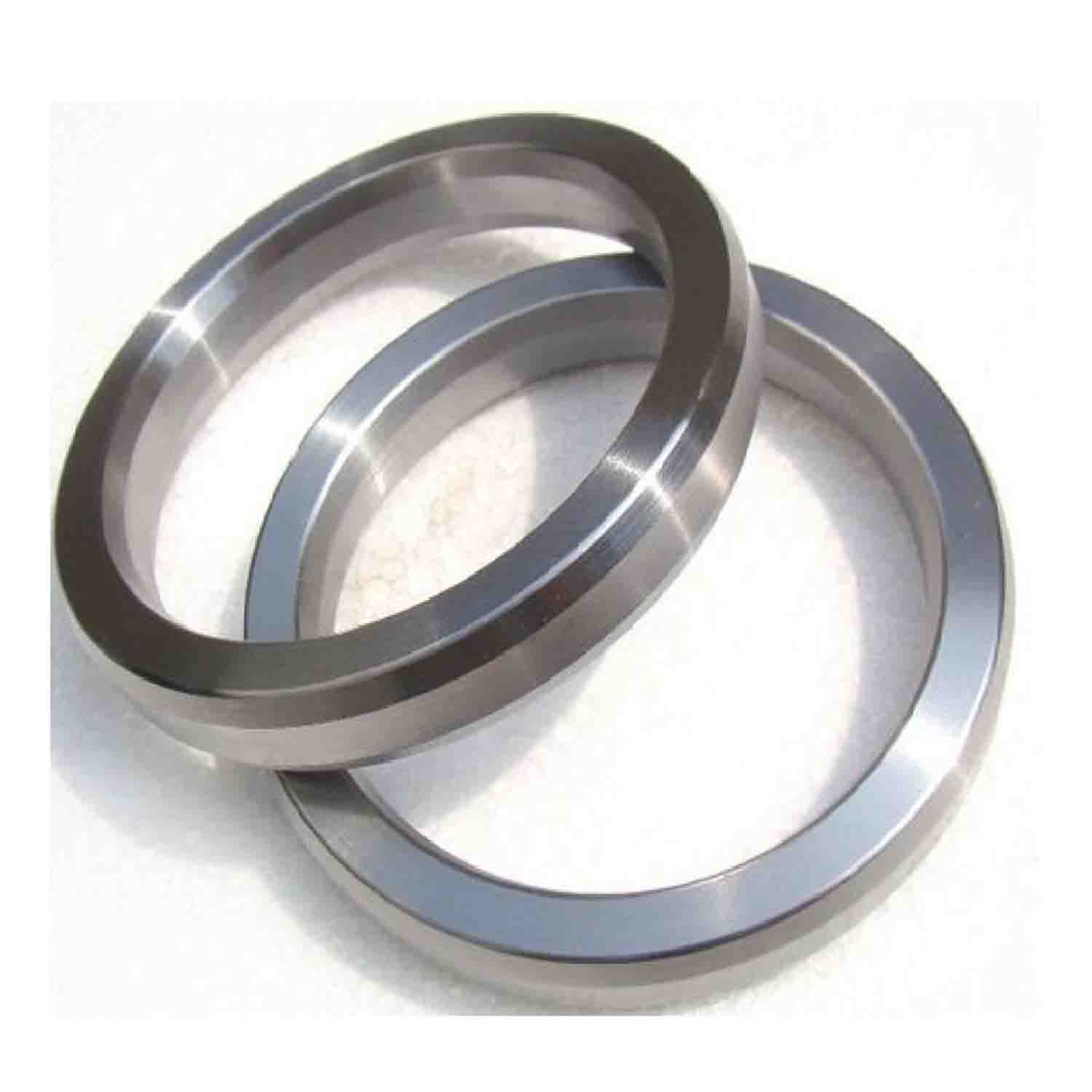Stainless Steel Ring Joint Type Gaskets (commonly known as RTJ gaskets) are precision-engineered sealing components widely used in critical piping, valve, and flange applications where high pressure, high temperature, and aggressive environments prevail. Designed to provide an exceptional metal-to-metal seal, these gaskets ensure leak-proof joints in demanding industries such as oil & gas, petrochemical, power generation, and chemical processing.
What Are Ring Joint Type Gaskets?
Ring Joint Type Gaskets are specialized metal gaskets featuring a ring-shaped cross-section, designed to fit into corresponding machined grooves on flanges. Unlike soft gaskets, RTJ gaskets create a reliable, durable metal-to-metal seal that withstands extreme pressure and temperature fluctuations without deformation or loss of integrity.
The sealing performance of RTJ gaskets is achieved by the wedge-shaped ring that gets compressed into the flange groove during bolting. This compression forms a tight seal that is resistant to creep relaxation and extrusion, common failure modes in softer gasket materials.
Why Choose Stainless Steel for RTJ Gaskets?
Stainless steel is the preferred material for RTJ gaskets due to its excellent corrosion resistance, durability, and strength under harsh service conditions. Stainless steel ring joint gaskets offer:
- Resistance to oxidation and corrosive chemicals
- Ability to perform in high-temperature environments
- High tensile strength and resilience
- Long service life with minimal maintenance
These properties make stainless steel RTJ gaskets suitable for a variety of industrial sectors and demanding applications.
Stainless Steel Materials and Grades for RTJ Gaskets
Several stainless steel grades are used for manufacturing ring joint gaskets, each offering unique advantages depending on application requirements. Some of the commonly used stainless steel grades include:
- SS 304: Offers good corrosion resistance and is widely used in less aggressive environments.
- SS 316/316L: Superior corrosion resistance, especially against chlorides and acidic media, making it ideal for chemical and marine applications.
- SS 321: Stabilized stainless steel with excellent high-temperature resistance.
- SS 310/310S: High heat resistance for extreme temperature applications.
- SS 904L: High alloy stainless steel with exceptional corrosion resistance in aggressive environments.
- Duplex Stainless Steel: Combines high strength with excellent corrosion resistance, often used in offshore and chemical industries.
These grades are carefully selected to match the operating conditions, including temperature, pressure, and chemical exposure.
Types of Ring Joint Gaskets
Ring joint gaskets come in various types based on their cross-sectional shape, each suited for different flange designs and sealing requirements:
- Oval Ring Gaskets: The most common type, shaped like an elongated oval, providing an effective sealing surface.
- Octagonal Ring Gaskets: Featuring an eight-sided cross-section, often used for specific flange standards requiring higher sealing efficiency.
- Rounded Ring Gaskets: Less common but used for certain specialized flange designs.
- The choice of gasket type depends on the flange groove design, operating conditions, and industry standards.
Applications of Stainless Steel RTJ Gaskets
Stainless steel ring joint gaskets find extensive use in industries where safety and leak prevention are paramount:
- Oil & Gas Industry: For pipelines, wellheads, valves, and pressure vessels operating under high pressure and corrosive conditions.
- Petrochemical Plants: Sealing critical connections in chemical reactors, heat exchangers, and storage tanks.
- Power Generation: High-pressure steam lines, boilers, and turbines requiring reliable sealing under fluctuating temperature and pressure.
- Chemical Processing: Handling aggressive chemicals with high corrosion potential.
- Refineries: Ensuring safe and leak-free connections in crude oil processing units.
Advantages of Stainless Steel Ring Joint Gaskets
- Leak-proof sealing in extreme pressure and temperature conditions.
- Resistance to corrosion and oxidation, extending gasket service life.
- Compatibility with high-grade flange materials to prevent galvanic corrosion.
- Minimal maintenance and downtime, contributing to operational efficiency.
- Reusability in some cases, reducing replacement costs.
- Compliance with industry standards such as ASME B16.20, ensuring quality and reliability.
Industry Standards and Compliance
Stainless steel RTJ gaskets are manufactured according to stringent standards to ensure safety and performance. Key standards include:
- ASME B16.20: Standard for metal ring-joint gaskets.
- API 6A: Specifications for wellhead and Christmas tree equipment.
- DIN and EN standards: European standards for metal gaskets.
- ISO certifications: Quality management and product consistency.
